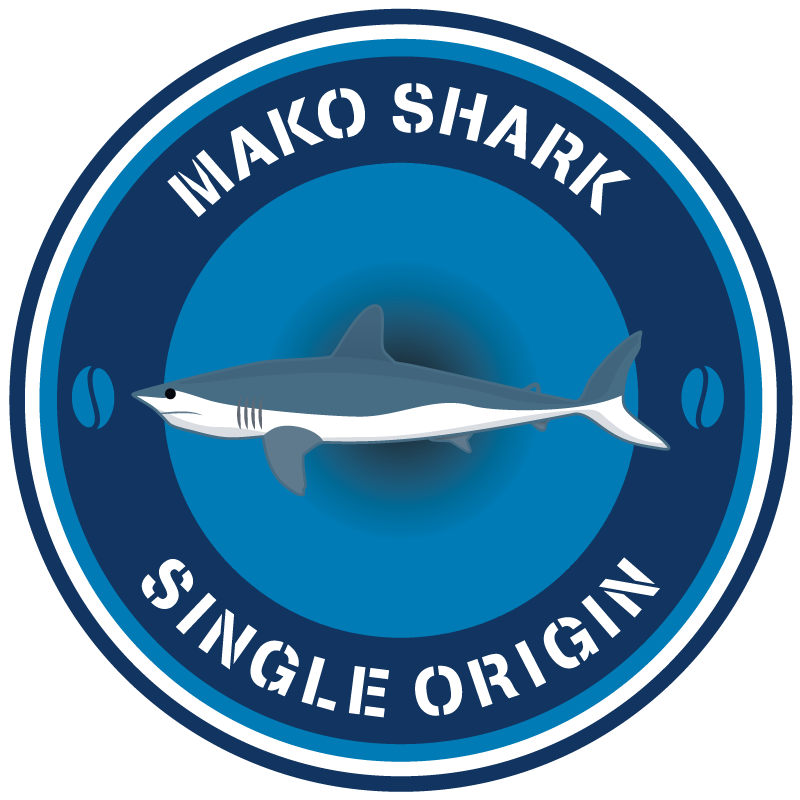
Mako Shark Mug
PRODUCT INSPIRED BY:
The mug is inspired by the Mako Shark like our coffee blend with the same name.
$1.00 of the sale of this mug goes to shark conservation.
Coffee mug with our Mako Shark design.
$1.00 of the sale of this mug goes to shark conservation.
Additional information
| Weight | 14 oz |
|---|---|
| Dimensions | 4 × 4 × 4 in |
Only logged in customers who have purchased this product may leave a review.
Mako Shark:
Mako sharks are the fastest marine animals having pointed snouts and long sharp teeth. They can be found in tropical and temperate oceans. They prefer warm temperatures; however, they have been spotted migrating to colder waters on occasion. Mako sharks are easily recognized by their teeth, which are visible even when the shark’s mouth is closed. Shortfin mako sharks and longfin mako sharks are the two types of mako sharks. Although their habitats are similar, longfin mako sharks are more aggressive than shortfin mako sharks, especially when confronted with humans. According to marine specialists, longfin mako sharks are warm-blooded that can sustain their body temperature higher than their surroundings.
Mako sharks are vital for maintaining a diversified marine ecology and limiting the overpopulation of fish in an ocean. They can grow up to 900 pounds in weight and 14 feet in length. Mako sharks travel a significant distance in order to find their prey. As a result, mako sharks inhabit waters with a well-balanced food web and a healthy ecosystem. Small fish such as bony fish, tunas, swordfish, and other sharks are among their favorite foods. An interesting fact about mako sharks is that shortfin mako sharks are regarded as “intelligent” due to their large brain. However, because mako sharks are a low-productive species, overfishing is their greatest concern.
Conservation Status:
Mako sharks are considered vulnerable to extinction due to water pollution, climate change, overfishing, late maturity, and a long gestation period. People also hunt them for their fins, skin, liver, meat, and teeth. As a result, for decades, the population of these top predators of marine life has been declining. So, it is now our responsibility to support programs dedicated to the conservation of these eco-friendly creatures.

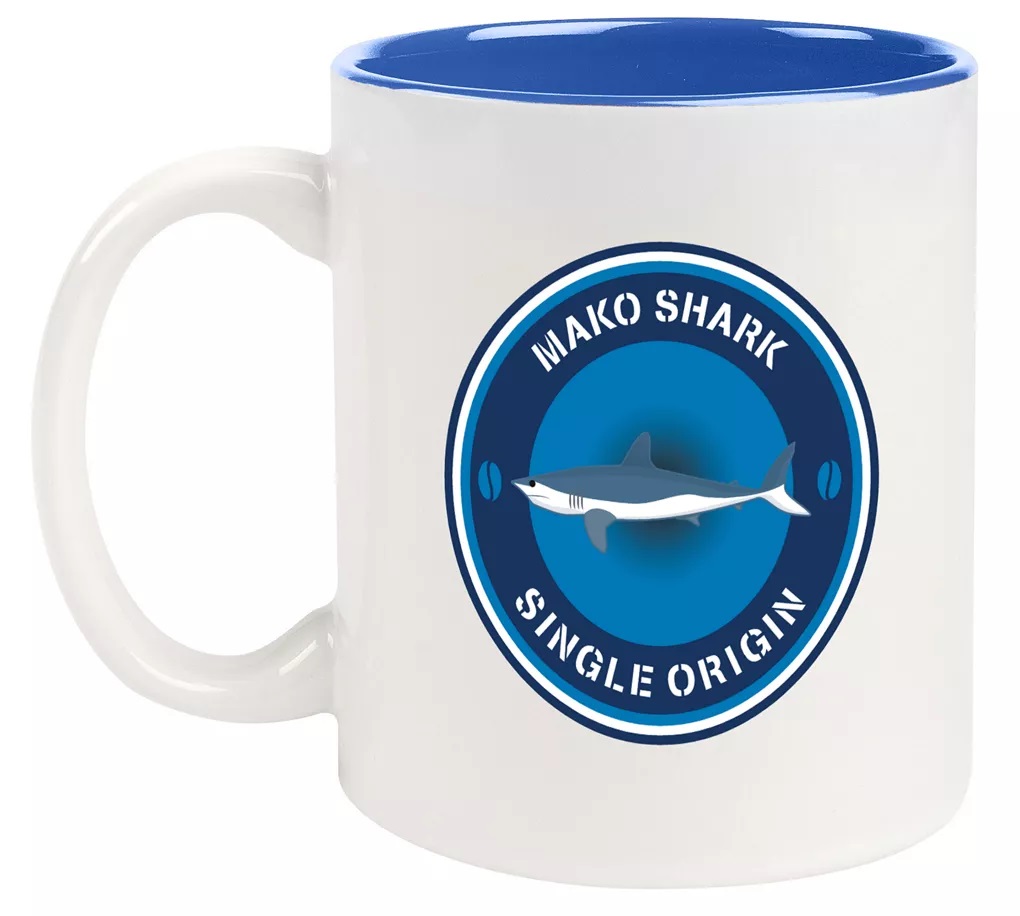


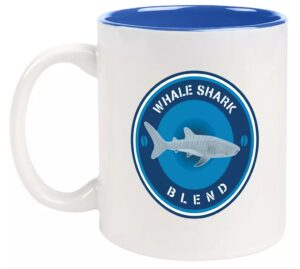
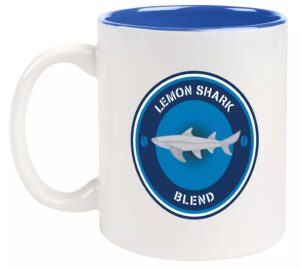
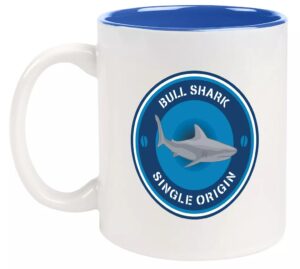

Reviews
There are no reviews yet.